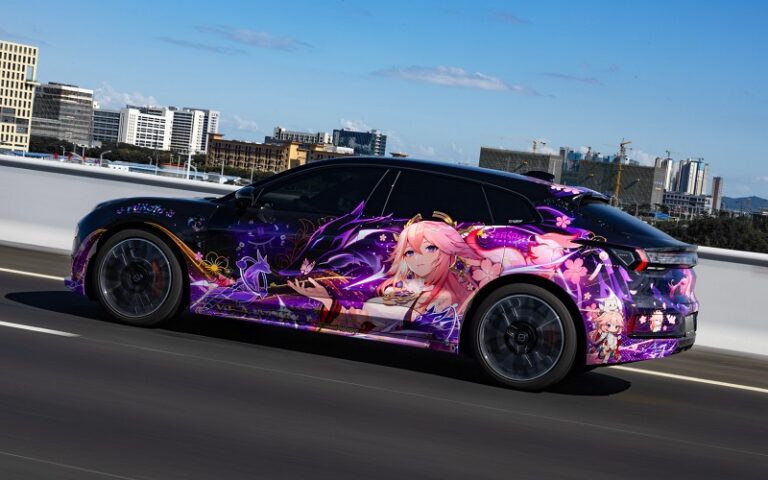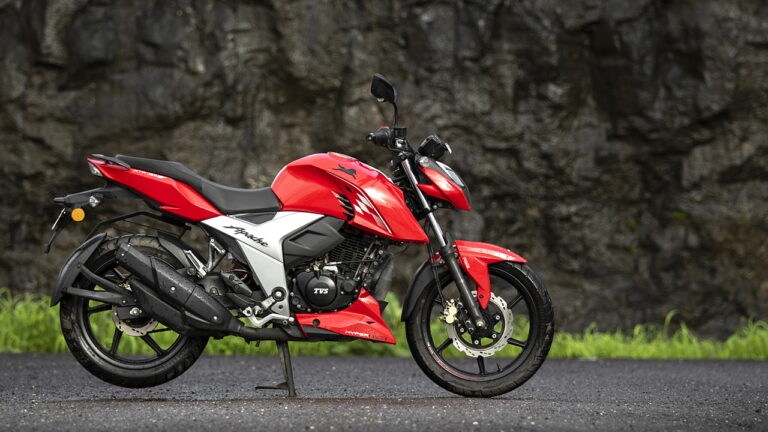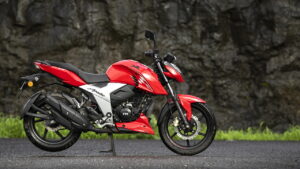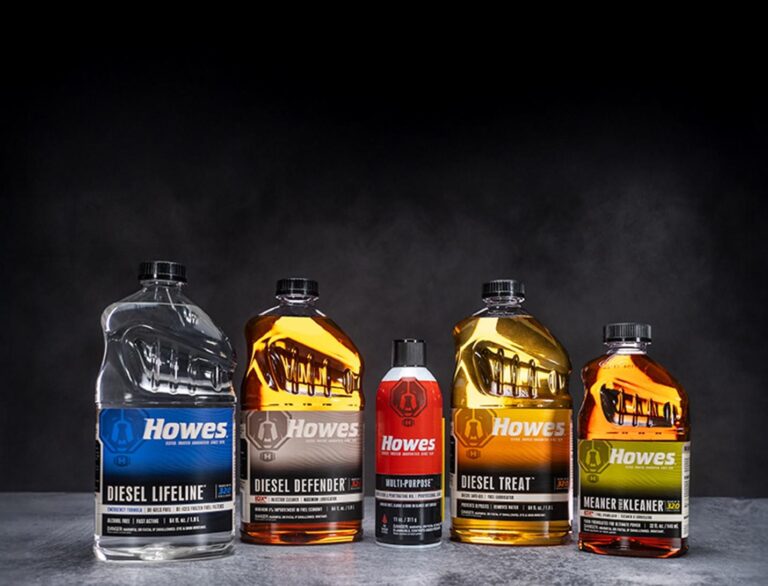India’s logistics industry depends on commercial trucks. These vehicles move things, connect supply networks, and help businesses. The correct commercial vehicle makes work more efficient and costs less. But it’s not enough to only look at several brands or the pricing of commercial vehicles to choose one. The best choice relies on how well the truck does the job, how well it works over time, and how well it meets your route demands.
-
Make sure the commercial truck is suited for the job
First, know what the vehicle will be carrying. Describe the kind, size, and weight of the shipment. Also, think about how far and how often the vehicle will go. There are three types of trucks in India: light-duty, medium-duty, and heavy-duty. Trucks that are small and fuel-efficient are needed for small cargos in cities. Trucks that can carry more weight and have more power are needed for big cargos over long distances.
Don’t put too much weight on it. Commercial trucks that are overloaded wear down faster, get worse mileage, and can get in trouble with the law. Pick a vehicle with a payload and Gross Vehicle Weight (GVW) that are the same as what you usually carry.
-
Pick the Right Type of Fuel
The cost of running depends on the fuel. Diesel is still the fuel of choice for most commercial trucks in India. But CNG and electric trucks are becoming more popular. Diesel vehicles function well on highways and in places that are hard to get to. CNG trucks function well in cities where there are gas stations close by. Electric trucks are great for delivering things in the last mile in cities.
Models that run on CNG or electricity produce fewer emissions and save money over time. But the fuel infrastructure is important. Pick a fuel type based on the route, the weight of the load, and how easy it is to get to a gas station.
-
Check how well the engine works
The engine gives the vehicle the power to carry things. Power and torque are what make a mini truck move well when it’s under stress, like when it’s going up a hill or through traffic. More horsepower is helpful on hard roads. But balance is very important. More power usually implies more fuel.
Check the engine’s durability. Find out about the mileage, the cooling systems, and whether or not it meets BS-VI (A set of emission standards mandated by the Indian government to regulate the release of harmful pollutants from vehicle standards). A well-built engine cuts down on downtime and makes sure that the vehicle will last a long time. Every day, a decent commercial vehicle must work well.
-
Know the Full Cost of Ownership
The price of the commercial trucks is just the beginning. Dig deeper. Take into account the Total Cost of Ownership (TCO). Fuel, maintenance, insurance, repairs, loan interest, and resale value are all part of TCO.
Some trucks cost more at first but save you more money in the long run. Some things may be cheap at initially, but they cost more to run. Check the availability of spare parts, service intervals, and mileage data. A larger initial outlay can nonetheless provide you a superior return on investment in three to five years.
-
Have faith in the brand and its support system
Tata, Ashok Leyland, Mahindra, Eicher, and other well-known brands make a lot of trucks in India. These brands have different ways of helping clients. A large service network cuts down on downtime. Quick access to spare parts prevents excessive waits.
Pick a truck that fits your route and has a service center close by. If you break down in a distant region, it can be expensive if you don’t have help. Find information about the warranty and roadside help.
-
Put safety and comfort first
Long trips on the road need strong safety features. Look for trucks that have air brakes, ABS, hill-hold assist, and rear-view cameras. These measures keep both drivers and cargo safe.
The design of the cabin is important too. Low cabin noise, comfortable seats, and good air flow all help keep the driver awake. Drivers are safer and more efficient when they aren’t as weary. Better comfort also helps keep drivers in fleets.
-
Make sure you follow the rules
Since April 2020, all commercial vehicles sold in India must meet BS-VI standards (A set of emission standards mandated by the Indian government to regulate the release of harmful pollutants from vehicle standards). These lower emissions and need more modern engine systems. Make sure your truck follows these rules.
Also, look into the rules in your area. Delhi NCR, for instance, doesn’t allow older diesel trucks. In these situations, CNG or electric trucks may be superior long-term investments. If you don’t follow the rules, you could get fined and lose business.
-
Plan how you will pay for things and how much you will get back.
Most people who acquire trucks get loans to pay for them. Banks and NBFCs give truck loans at rates that can change. Some options let you make no down payments or pay your EMIs later. Pick a plan that works with your cash flow.
But keep your mind on returns. Find out how long it will take for the truck to pay for itself. Figure out how many days you will be working, how much freight you will be moving, how much it will cost to maintain your equipment, and how much it will cost to run your business. The top commercial trucks do more than just move things; they also make money.
-
Use telematics and digital tools to your advantage
Telematics are typically fitted into modern commercial trucks. These technologies keep track of routes, fuel use, and how drivers act. GPS, geofencing, and analytics make it easier to see your fleet.
Put this information to use. Plan better routes, cut down on downtime, and schedule service on time. Over time, this digital edge means fewer breakdowns and more money. Connected vehicles do better than traditional fleets in competitive marketplaces.
Conclusion
It’s not only a technical choice to pick the proper commercial trucks for your business. It affects how things move, how much money is earned, and how dependable operations get.
Don’t just look at the pricing of commercial trucks. Pay attention to how well the payload fits, how much fuel it uses, how much it will cost in the long run, and how much service it will cover. India’s truck industry has a lot of choices, but the best vehicle for you is the one that fits your route, your load, and your goals for the future.











